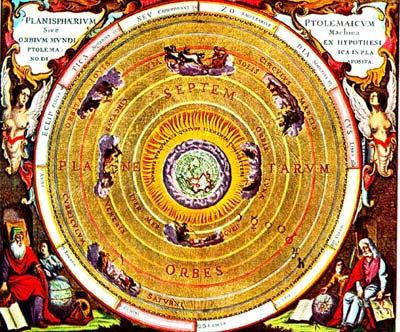I'm always half- or three-quarters-way through six or seven books at once. One of the books that I'm swimming around in is TH White's translation of a medieval bestiary, The Book of Beasts. At the end of the book, White discusses the history and role of bestiaries in the medieval imaginary. One of the points that he touches on is the way in which, for the medieval—and for many of those before and after, for what it's worth—the universe held to a rational pattern and the macrocosm could be reflected in the microcosm. In the older worldview, one could see the structure of the universe in the slug that crawled across the path in front of you (I have a thing for slugs) and one could draw moral lessons from the behavior of the lowliest animal or plant.
The modern mind is much less likely to find moral allegories in the behavior of bees or ants or other parts of the natural world. At least in part this may be because the modern world for all its (correct) embracing of the lessons of natural selection sees us as more separated from the (rest of the) natural world than the medieval mind would have fathomed.
For all that, the modern mind still sees a rationality in the universe. Of course, we no longer think it is rational because it has been planned by some Being. Our common-sense understanding of science as limning the structures of the universe and cutting nature at its joints requires not only that the world be rational or understandable but also understandable by beings like us. It might well be the case that not all scientists understand themselves as doing this, but I take it many do; moreover, most of us laypeople think that's what's going on.
We should see there is something odd about this, or at least odd about it from a certain perspective. From a certain kind of religious perspective, especially one that accepts that we are created in the image of the Creator and posits a great chain of being, it makes perfect sense to think that the universe is rational and that it should be understandable by us. But, absent a Creator, why think the universe should be rational? Maybe you still have justification for thinking that the universe will have to make some sort of objective sense, though I'm not sure what that really means. Even on that assumption, why assume it should make sense to beings like us? Why think that any natural process should create a being able to comprehend the processes that led to that being?
Maybe I'm in a Nietzschean or mysterian or even—Heavens forfend—Kantian mood today, but there's a kind of faith here. I'm not sure that this
faith can bootstrap itself merely by talking of the usefulness of our theories into anything more than a kind of pragmatism.




No comments:
Post a Comment